That is the affirmation of Mr. Nguyen Quang Vinh - Vice President of Vietnam Federation of Commerce and Industry (VCCI), Chairman of Vietnam Business Council for Sustainable Development (VBCSD) - in an interview with reporters of Vietnam Women's Newspaper.
Mr. Nguyen Quang Vinh explained: Implementing sustainable business not only helps Vietnamese enterprises meet international standards to participate in the global supply chain, but also helps them improve their internal strength to overcome unprecedented challenges in a volatile business context due to the increasing emergence of non-traditional factors. Moreover, only with sustainable business can the Vietnamese business community fulfill the role and tasks assigned by the Party and the people, making an important contribution to helping the country steadily enter the "new era".
+ Sir, there are currently many concepts related to sustainable development used in the mass media such as: sustainable development, sustainable business, green economy, circular economy, ESG practices... Can you explain clearly the content of these concepts, especially their application in businesses?
One view is that the concept of "sustainable development" was first defined in an international document, the 1987 Brundtland report of the World Commission on Environment and Development - WCED. This report states: Sustainable development is "development that meets the needs of the present without compromising the ability of future generations to meet their own needs..." . The goal is sustainable development, harmonizing three pillars: Economy; Society; Environment.
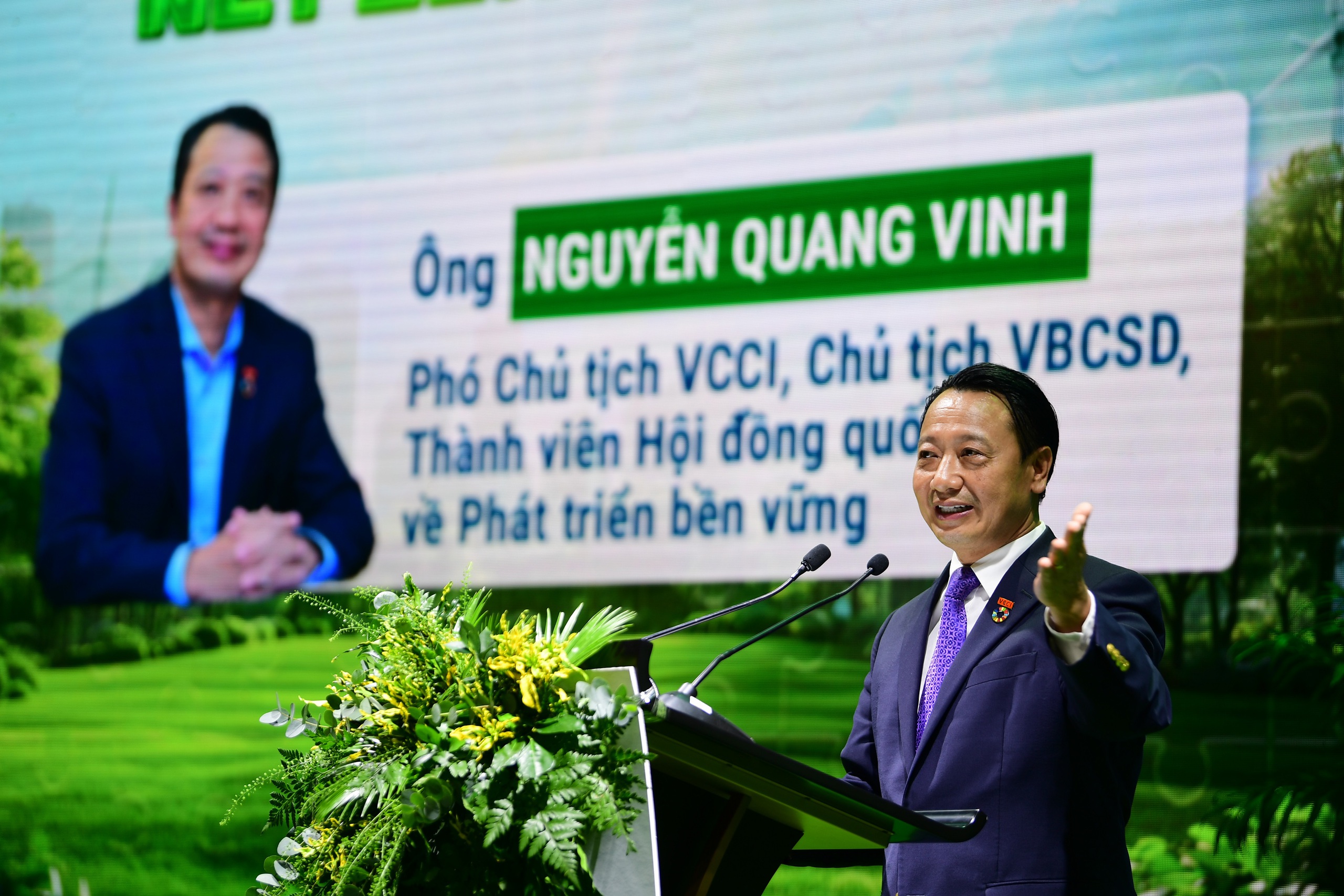
Mr. Nguyen Quang Vinh attended the event to promote sustainable business.
By 2015, 193 United Nations member states, including Vietnam, adopted the 2030 Agenda for Sustainable Development, focusing on implementing 17 sustainable development goals. Vietnam has developed an action plan suitable to our characteristics with 115 specific goals based on the 17 goals set by the United Nations.
Thus, it can be understood that the concept of "sustainable development" is the only choice and path to realize and build the future we desire, in which the goal is "sustainable economy" or also known as "green economy".
According to UNEP's definition, "green economy" is understood as an economic model with low carbon, resource saving and social equity. "Circular economy" is a concept describing an economic model based on minimizing resource waste, reusing and recycling materials and products to extend their life cycle. That is, "circular economy" is a method to achieve the goals of "green economy".
To contribute to the country's goal of "sustainable economy", businesses need to implement "sustainable business". ESG (abbreviation of 3 words: Environment; Society; Governance) is the action program framework that businesses around the world often apply to implement sustainable business. In Vietnam, VCCI has launched the Corporate Sustainability Index (CSI), a tool to help Vietnamese businesses implement sustainable corporate governance, in accordance with domestic characteristics and closely following contemporary international standards, thereby promoting businesses to do sustainable business more effectively.
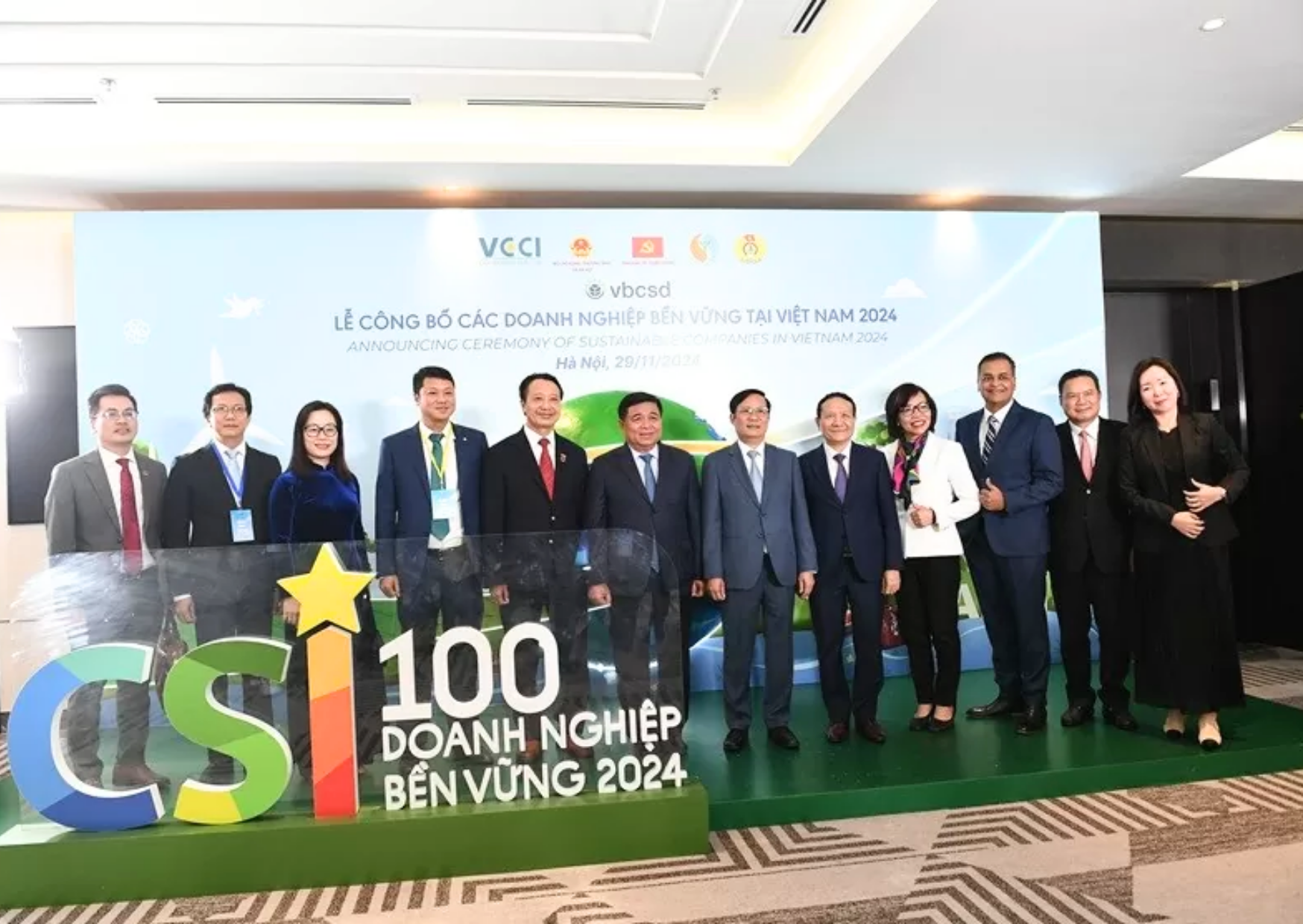
The 2024 Sustainable Development Enterprise Awards Ceremony (CSI 2024) organized by VCCI.
+ As someone who has been involved in the business community for a long time, especially in the aspect of sustainable development. What is your opinion on the trend of sustainable business practices of Vietnamese enterprises in the past and present?
About 20 years ago, Vietnamese enterprises were just approaching the concept of "corporate social responsibility" (CSR). Accordingly, enterprises actively carry out charitable activities, or focus on activities that focus on social factors, contributing to the community.
VCCI - as an organization representing the Vietnamese business community, has early identified the vision: Only sustainable business can help Vietnamese businesses reach the continental and world level. Accordingly, VCCI established the Business Office for Sustainable Development in 2006 and then the Business Council for Sustainable Development in 2010 to carry out the tasks of realizing that vision.
With the tireless and persistent efforts of VCCI and domestic and international partners, we are very proud to have contributed to changing the mindset and awareness of the business community about sustainable business. In particular, after the recent Covid-19 pandemic, the "wave" of sustainable development has been spreading strongly, not only in the business community but also in state management agencies, organizations and to the consumer community in society.
A good sign is that large enterprises are considering sustainable business as a development strategy rather than an implementation responsibility, so they have invested heavily in a positive direction towards sustainable development goals and business development. Moreover, sustainable business is no longer the story of the "big guys" but has reached the small and medium enterprise community. Specifically, the program "Assessing and Announcing Sustainable Enterprises in Vietnam" in 2024 by VCCI recorded outstanding growth in the rate of domestic enterprises and new enterprises participating for the first time, at 62% and 35% respectively.

Vinamilk - a member of VBCSD, thanks to implementing a sustainable business strategy, has helped the enterprise reach the continental and international level.
+ Sir, to effectively convert to a sustainable business strategy, what core issues do businesses need to pay attention to?
First, there must be a change in mindset. Businesses need to shift from traditional business thinking to green business by promoting a circular economic model, equitable energy transition, and carbon emission reduction. For businesses to grow and develop in the long term, economic success such as revenue, profit, and shareholder benefits is not enough. Only when businesses align their interests with social goals will employees create the internal strength to help them withstand, adapt, and recover from unprecedented challenges.
The second is value chain transformation. Enterprises can only realize sustainable development goals when they build a sustainable ecosystem through increased participation and capacity building for suppliers and stakeholders in the enterprise's value chain.
Third, we must carry out a dual transformation. Carrying out digital transformation and technological innovation will complement the green transformation.
Fourth is promoting accountability. This is an effective way for businesses to truly transform to sustainable development in the field of governance.
- How do you assess the role of the business community's sustainable business practices in the country's sustainable development, especially in the context that the whole nation is determined to take steps to move to a "new era"?
Resolution No. 41-NQ/TW dated October 10, 2023 of the Politburo has clearly stated the role and tasks of the team of entrepreneurs and enterprises. They are the core force helping the country build a strong and independent economy. And in the current context, only by implementing sustainable business can entrepreneurs and enterprises fulfill that role. For example, when enterprises apply a low-emission business model, prioritizing the use of renewable energy instead of fossil fuel energy as before, they also contribute to promoting the development of renewable energy in particular and ensuring the country's energy security in general. Or when enterprises implement value-sharing business models (Create Shared Value - CSV), doing business with low-income people, they also contribute to hunger eradication and poverty alleviation.
The year 2025 is considered to be of special significance, a year of acceleration, breakthrough, and completion of the "5-year Socio-Economic Development Plan 2021-2025" and preparation, consolidation of fundamental factors, as a premise for our country to confidently enter the "new era". In this context, the role and mission of enterprises in implementing sustainable development have become clearer, more important and urgent than ever. In order to be able to rise up with the country in the new era, the business community must transform itself, transform green strongly and drastically right now.
Thank you!
The level of green transition readiness of enterprises is not high.
The results of the 2024 actual survey of 2,734 enterprises by the Private Economic Development Board (Board IV) under the Prime Minister's Administrative Reform Advisory Council showed that: Over 50% of enterprises participating in the survey assessed that green transformation was not really necessary, 64% said "no preparation", only 5.5% had implemented activities to "reduce emissions in some key activities". The rate of "monitoring and publishing annual emission reduction results" was only 3.8%.
Source: https://phunuvietnam.vn/kinh-doanh-ben-vung-la-con-duong-tat-yeu-cua-doanh-nghiep-20250125151938149.htm






















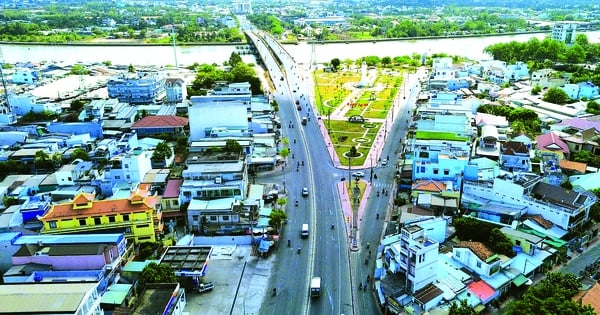

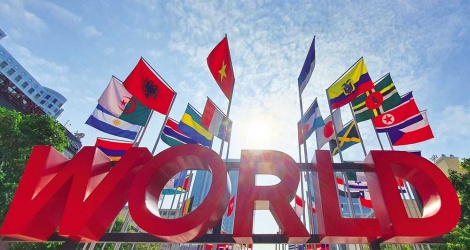


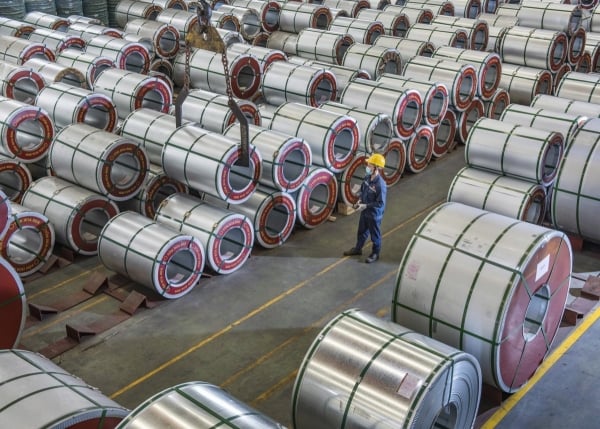

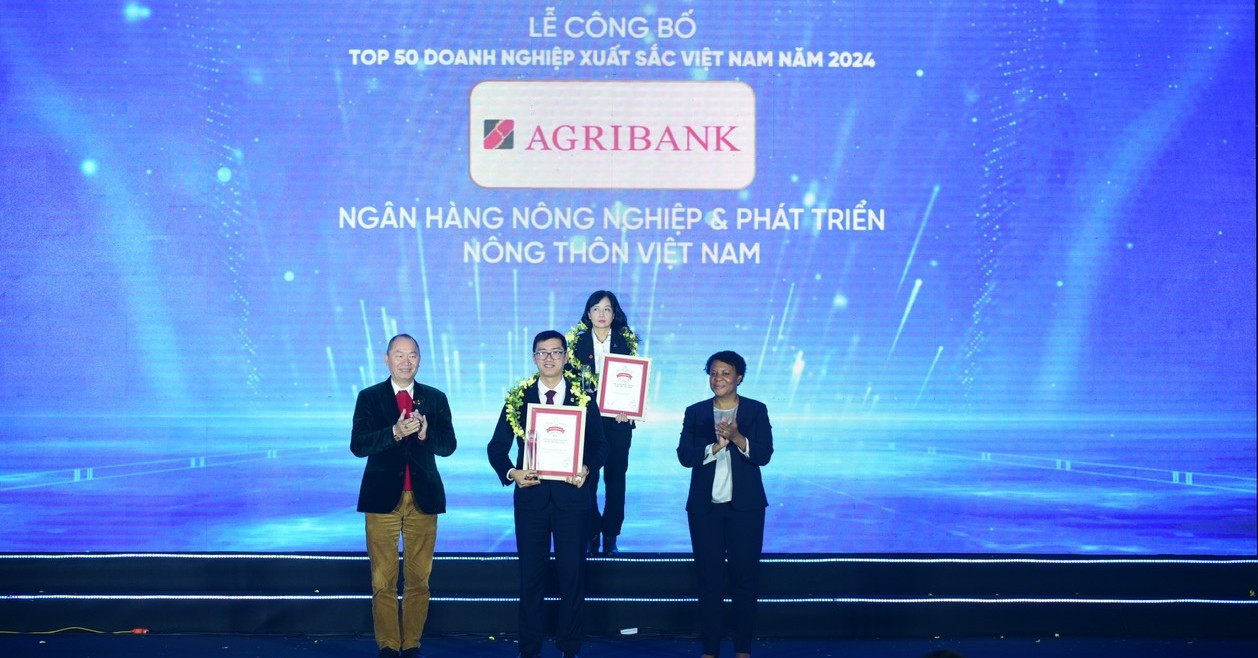










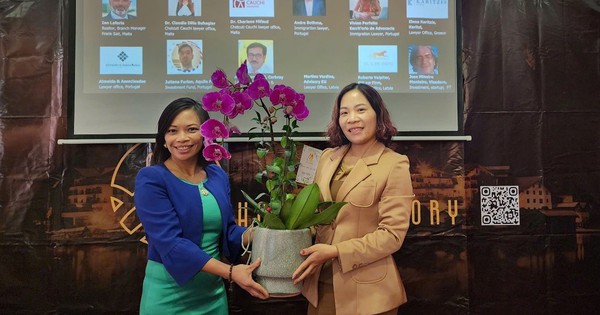

















Comment (0)